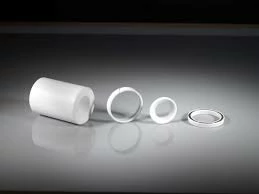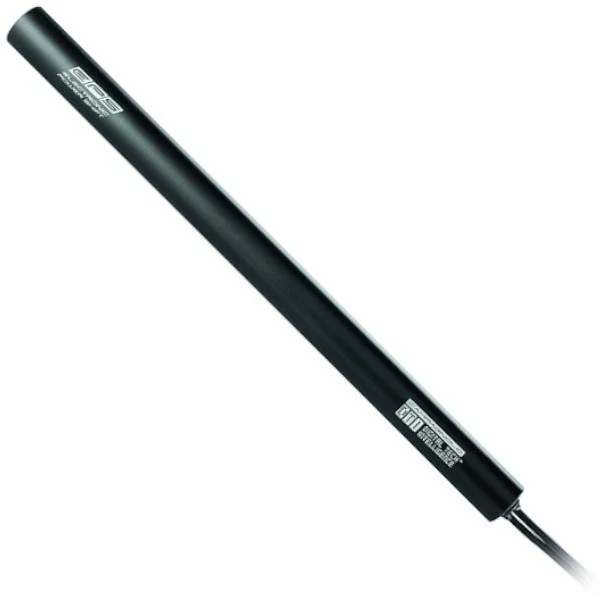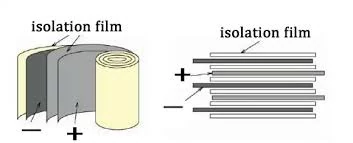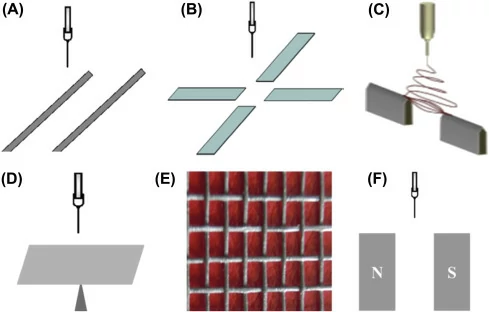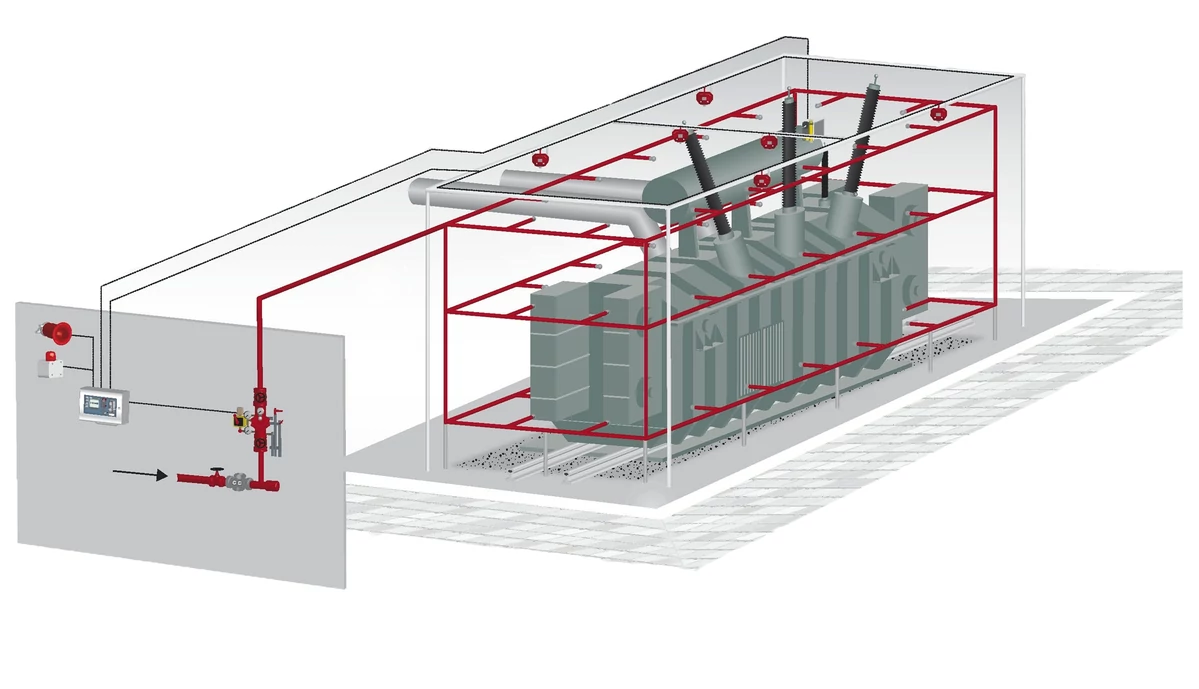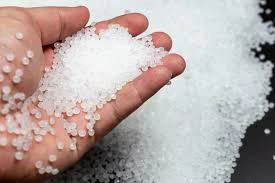Fluorine plastic-2 In the EPS (Encapsulated Power System) battery cell,...
EPS shell material - plastic material
The housing material of a battery cell plays a crucial role in ensuring its safety, durability and performance. Compared with metal materials, plastic materials have lower weight, better formability and excellent electrical insulation, and are widely used in the manufacture of lithium-ion battery shells. Common plastic materials include polypropylene (PP), polycarbonate (PC) and ABS plastics. The properties of these materials are described in detail below.
main content
Polypropylene (PP) housing
Polypropylene (PP) is a lightweight, high-strength and heat-resistant plastic material. The following are some of the main characteristics of PP materials:
Physical properties: PP is a non-toxic, odorless, tasteless milky white high crystalline polymer, low density (0.90~0.91g/cm³), is currently one of the lightest varieties of all plastics.
Mechanical properties: PP has high crystallinity and structural regularity, so it has excellent mechanical properties, and its strength, hardness and elasticity are higher than HDPE. But the impact strength is poor, when the molecular weight increases, the impact strength increases, but the molding processing performance deteriorates.
Thermal properties: PP has good heat resistance, melting point at 164~170 ° C, products can be sterilized at temperatures above 100 ° C, in the case of no external force, 150 ° C is not deformed.
Chemical stability: The chemical stability of PP is very good, in addition to being eroded by concentrated sulfuric acid and concentrated nitric acid, it is relatively stable for various other chemical reagents.
Electrical properties: The high frequency insulation performance of PP is excellent, almost no water absorption, so the insulation performance is not affected by humidity. It has a high dielectric coefficient, and with the rise of temperature, can be used to make heated electrical insulation products.
Weather resistance: PP is very sensitive to ultraviolet light, and a stabilizer needs to be added to improve its aging resistance.
Polycarbonate (PC) case
Polycarbonate (PC) is a kind of plastic material with high transparency and high impact resistance. Here are some of the main properties of PC materials:
Transparency and impact resistance: The transparency of PC is extremely high, and the impact resistance is 50 times that of other transparent resins and 200 times that of glass.
Weather resistance: PC has strong weather resistance and is not easy to deteriorate due to ultraviolet light and humidity.
Water absorption: PC has low water absorption, is not easy to change size, and has high dimensional accuracy.
Machinability: PC can not only be used for molding process, but also for cutting process, good machinability.
Flame retardant: PC native UL94 V-2 flame retardant performance, no need to add flame retardants.
Hydrolysis resistance stability: PC has poor hydrolysis resistance and cannot be used for products repeatedly subjected to high pressure steam.
Wear resistance: The wear resistance of PC material is relatively poor, in the middle and lower level, and special treatment is required for the surface.
ABS plastic housing
ABS plastic is a terpolymer composed of acrylonitrile, butadiene and styrene. The following are some of the main characteristics of ABS materials:
Overall performance: ABS has excellent impact strength, dimensional stability, electrical properties, wear resistance, chemical resistance, dyeing, molding processing and mechanical processing is good.
Mechanical properties: ABS has excellent mechanical properties, excellent impact strength, and can be used at extremely low temperatures.
Thermal properties: The thermal deformation temperature of ABS is 93~118℃, and it can be used in the temperature range of -40~100℃.
Electrical performance: ABS has good electrical insulation and is almost unaffected by temperature, humidity and frequency.
Environmental performance: ABS is not affected by water, inorganic salts, alkalis and a variety of acids, but soluble in ketones, aldehydes and chlorinated hydrocarbons.
Weather resistance: ABS has poor weather resistance and is easy to degrade under the action of ultraviolet light.
CONCLUSION
The above is a detailed introduction to the plastic material housing commonly used in EPS battery cells, each material has its own unique advantages and limitations, suitable for different application scenarios.
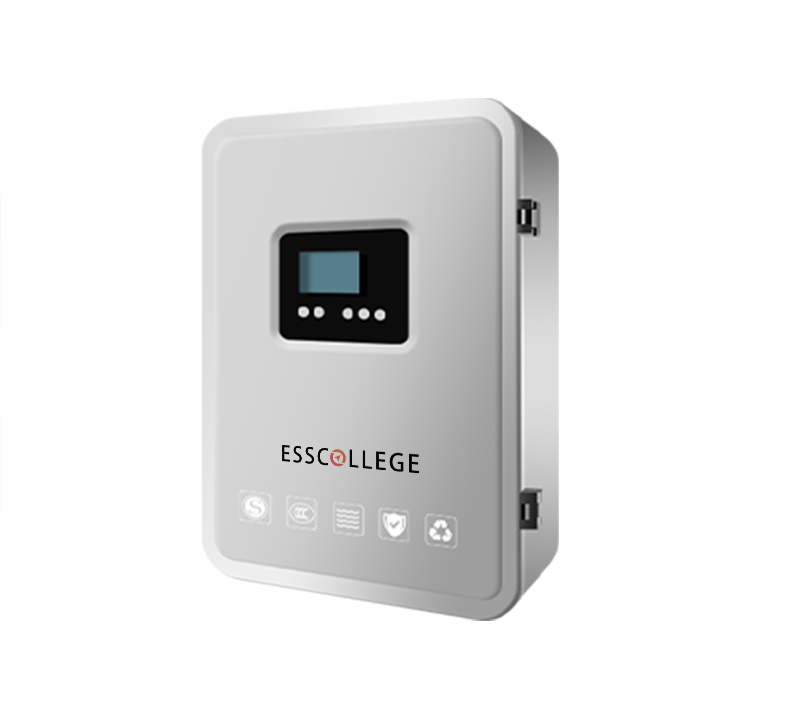
EPS BATTERY SERIES
The centralized power supply for fire emergency lighting is a kind of backup power supply equipment, which provides power guarantee for emergency lighting equipment to ensure that the on-site lighting equipment can operate normally in emergency situations such as fire. Provide a long-term backup power supply to meet the needs of the emergency lighting system.
Extended reading
This section describes the battery in the EPS battery unit
This section describes the battery in the EPS battery unit...
What is the specific role of the isolation membrane in the battery?
What is the specific role of the isolation membrane in...
The electrode of EPS battery cell collects fluid
The electrode of EPS battery cell collects fluid The electrode...
Detailed explanation of the transformer system of EPS inverter
Detailed explanation of the transformer system of EPS inverter In...
THE ESSC Brand promise
Global supply
Our products sell well all over the world, covering many countries and regions, through the global logistics network, to provide customers with convenient purchasing experience.
Rigorous quality
We adhere to the highest quality control standards to ensure every product meets industry regulations and customer expectations, earning trust through consistent excellence.
Excellent service
With a customer-centric approach, we provide prompt responses, professional support, and personalized services, aiming to deliver the best user experience and long-term value.
